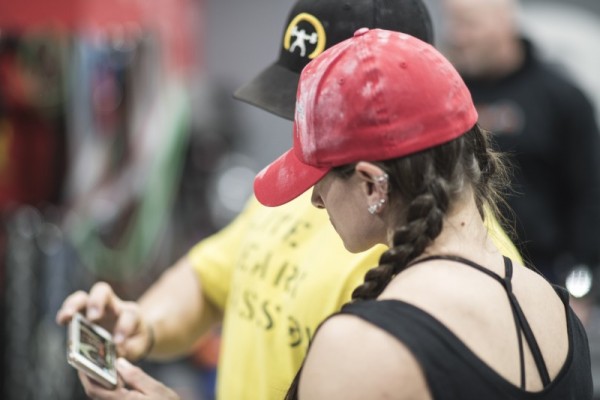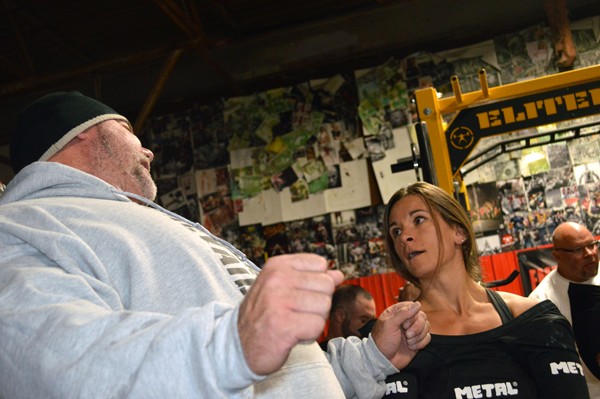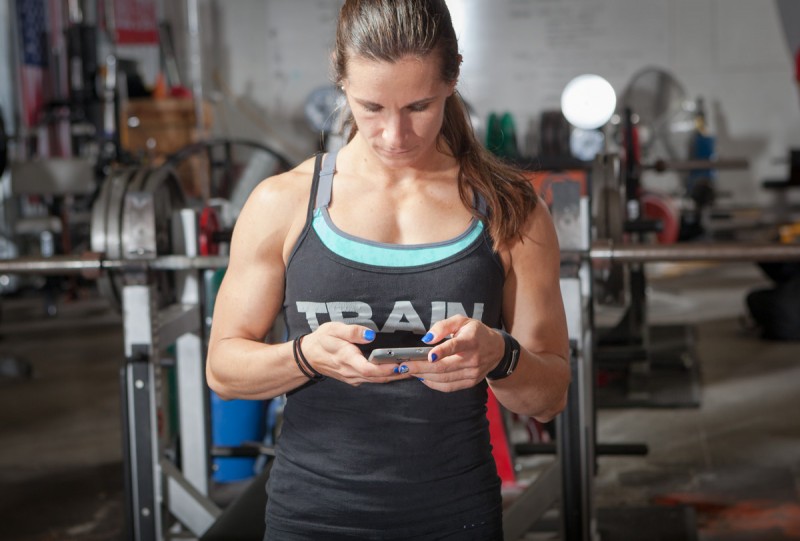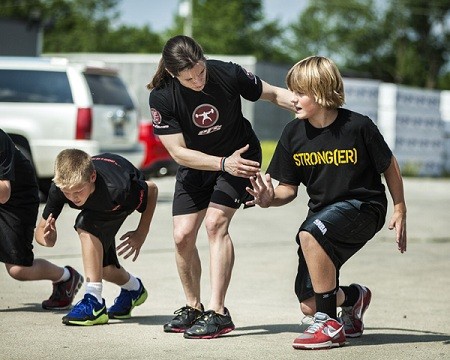
How's that feel?" I asked, after she performed her final set of squats. That was probably the 5th time I asked my client that, to which she finally laughed and said, "How's it feel???.... Ask me tomorrow!"
It's now a running joke with several of my clients because I ask that in some way, shape or form every session. I want their feedback. I want them to tell me what they feel and think. I also want them to be able to pinpoint for themselves what was good about the set and what might need to improve.
Relationship experts keep telling us that communication is superbly important. And I won't argue with that one bit. While I'm not here to tell you HOW to communicate (as different personalities require different approaches), I can say with certainty that in my current relationship, we have no reservations about communicating to each other about anything.
The same goes for coaching your athletes and clients. With every age group I have coached, I implement exercises and drills that require them to work together and communicate something... number of sets, how much time is left or where to go next. Many kids are fearful to speak up, or are uncomfortable making eye contact with their peers and coaches. So teaching them communication skills is important for every area of their life.
Even athletes that are working with online coaches need to communicate, possibly even moreso because they aren't physically there with the coach on a daily basis. This can be challenging because it often requires the athlete to put their ego aside.
I had one client that was, unbeknownst to me, doing extra workouts outside of the prescribed programming. After a few weeks of missing some lifts and seeing a lack of progress, it finally came out that she was doing these extra workouts. There were a few reasons she didn't want to tell me, but mainly she thought I was going to be mad or disappointed in her (for not following the program and for then subsequently missing some of her lifts.)

If she would have communicated her concerns, we could have had a conversation about how to remedy the situation. Long story short, she was having body image issues (hence the extra workouts to "lose weight") but also wanted to get stronger. We finally talked about what we can do to move her forward in both directions (strength and physique).
Life really isn't much different. Last weekend at Christian's meet, someone asked us, "So what's the secret... how do y'all make it work (being so far away from each other)?" While our faith is the center of our relationship, we know that communication is a key. We set that standard from the beginning to speak up (respectfully) when needed. Harboring thoughts will only lead to resentment.
In the world of strength coaching, I find a very similar pattern. All of my successful client "relationships", the ones that performed well or reached their goals, were the ones that communicated regularly. Those that struggled didn't send updates, never sent videos or progress pictures, or waited weeks upon weeks to say that something wasn't going well.
As a coach who works with both in person and online folks of different ages and backgrounds, I make it clear from day 1... In order to make this "relationship" work, we both need to communicate.
Be a hands-on coach.
Be a hands-on athlete.
A good coach will be open to discuss questions. And a good athlete won't be afraid to ask them.










